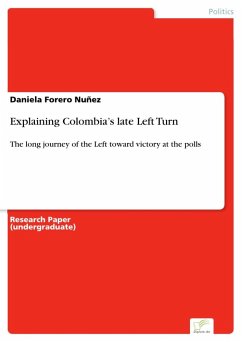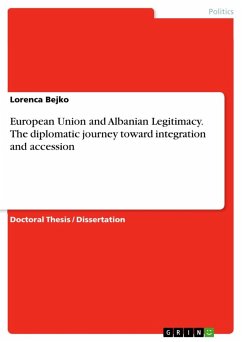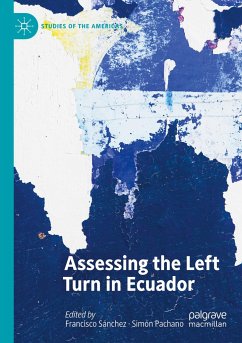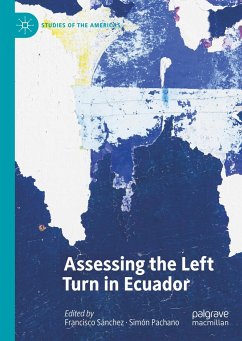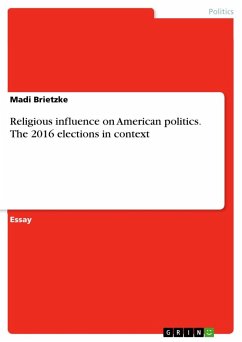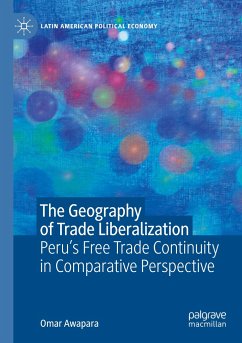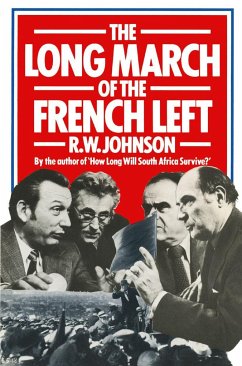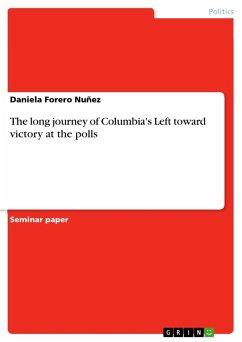
The long journey of Columbia's Left toward victory at the polls

PAYBACK Punkte
0 °P sammeln!
Seminar paper from the year 2022 in the subject Politics - Region: Middle and South America, grade: 1,3, University of Frankfurt (Main) (Political Science), course: Demokratie und (Ent-)Demokratisierung in Lateinamerika, language: English, abstract: The present paper examines the factors that might explain Colombiäs comparatively late political Left Turn. To this end, it explores the historic conditions that hindered the consolidation of a leftist political party or coalition with broad electoral support until the foundation of the Historic Pact for Colombia. Moreover, it draws attention to t...
Seminar paper from the year 2022 in the subject Politics - Region: Middle and South America, grade: 1,3, University of Frankfurt (Main) (Political Science), course: Demokratie und (Ent-)Demokratisierung in Lateinamerika, language: English, abstract: The present paper examines the factors that might explain Colombiäs comparatively late political Left Turn. To this end, it explores the historic conditions that hindered the consolidation of a leftist political party or coalition with broad electoral support until the foundation of the Historic Pact for Colombia. Moreover, it draws attention to the recent social, political and economic developments that have fostered the expansion of this left-wing coalition yet considering that the efforts to cement a leftist political alternative date back to the last century. Between 2005 and 2008, the share of Latin American presidents from a right-wing party fell to 33%, compared to 64% in the early 1990s. By 2009, more than two-thirds of the countries in the region had a president from a left- or center-left party. Despite common sociopolitical and economic developments with its neighboring countries, Colombia elected a leftist president ¿ for the first time in its modern history ¿ only this year.




